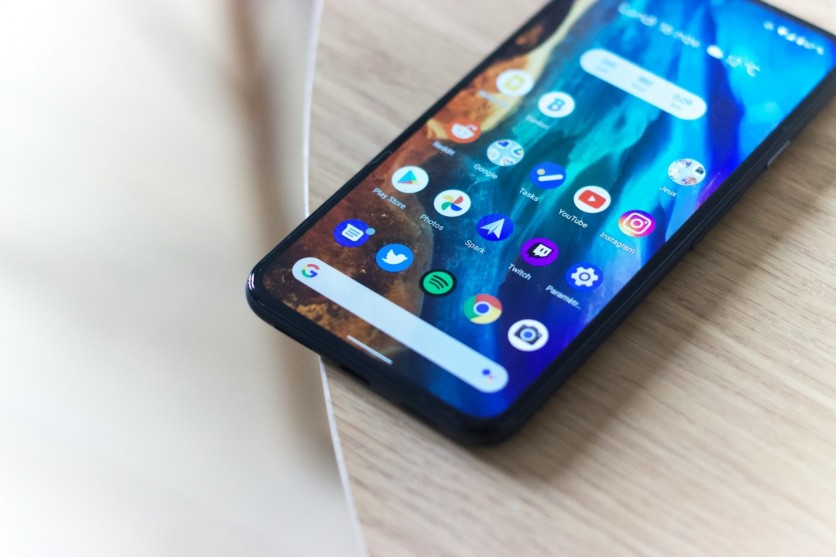Android users need to be on high alert as Microsoft has unveiled details about a new critical security flaw known as "Dirty Stream." This vulnerability affects numerous Android applications, potentially impacting hundreds of millions of users globally. Here's what you need to know to safeguard your information against this malware strain.
The Dirty Stream Vulnerability Explained

The core of the Dirty Stream issue lies in Android's ContentProvider system, which is designed to facilitate the sharing of structured data between different applications on your device.
As reported by Tom's Guide, it allows Android apps to communicate and exchange files under strict security protocols including data isolation, specific URI permissions, and stringent path validations.
However, Microsoft's recent findings indicate that malicious apps can exploit this system by using custom intents-specialized messaging objects in Android. These intents can bypass the established security measures, allowing hackers to send files with altered filenames or paths to legitimate apps, effectively smuggling in malicious code under the guise of legitimate files.
Related Article : Chinese Threat Actor Goldfactory Deploys Android-Banking Malware Through Deepfakes
How Big is 'Dirty Stream's' Scope
Among the apps compromised by this vulnerability are Xiaomi Inc.'s File Manager and WPS Office, with installations totaling over 1.5 billion. The deceptive simplicity with which the Dirty Stream vulnerability allows attackers to manipulate apps into overwriting vital data within their storage is particularly concerning. This could lead to unauthorized code execution, data theft, and total hijacking of the app without the user's knowledge.
Microsoft's investigations have shown that this is not an isolated problem but a widespread issue across multiple popular Android applications. They estimated that applications vulnerable to Dirty Stream have been downloaded over four billion times.
Steps to Stay Protected from 'Dirty Stream'
To mitigate the risks associated with the Dirty Stream vulnerability and other Android malware, here are several precautions you can take:
Avoid Sideloading Apps: Sideloading-installing apps from outside the official app stores-bypasses many of the security checks that apps on Google Play or other official app stores are subjected to. Stick to downloading apps from these trusted sources to minimize the risk of inadvertently installing malicious software.
Activate Google Play Protect: This built-in security feature on most Android devices works to scan your apps for malicious behavior continuously. Ensuring that Google Play Protect is activated enhances your defense against potential threats.
Install Reputable Antivirus Software: Complementing Google Play Protect with a robust antivirus app for Android can provide an additional layer of security. These apps offer extensive features that enhance your device's ability to ward off malware and other cyber threats.
Regular Updates: Keep your apps and your Android operating system updated. Developers regularly patch security vulnerabilities, and staying updated means you benefit from these fixes.
Educate Yourself on Permissions: Be mindful of the permissions you grant apps. If an app requests permissions that seem unnecessary for its functionality, it might be a red flag.
In other news, Finland urged Android users to be wary when downloading the McAfee app. Instead of protecting them from viruses, this could be the key to hacking their bank accounts.
As Bleeping Computer reported, the country's Transport and Communications Agency (Traficom) said the victims' bank accounts were in danger of getting hijacked. Currently, no cases of hacking have affected Apple iPhone users.
In early April, researchers warned that Android users should refrain from easily trusting any third-party apps, especially from untrusted sources. What's worse, the Vultur banking trojan was just hiding under the guise of the McAfee app.


![Apple Watch Series 10 [GPS 42mm]](https://d.techtimes.com/en/full/453899/apple-watch-series-10-gps-42mm.jpg?w=184&h=103&f=9fb3c2ea2db928c663d1d2eadbcb3e52)


